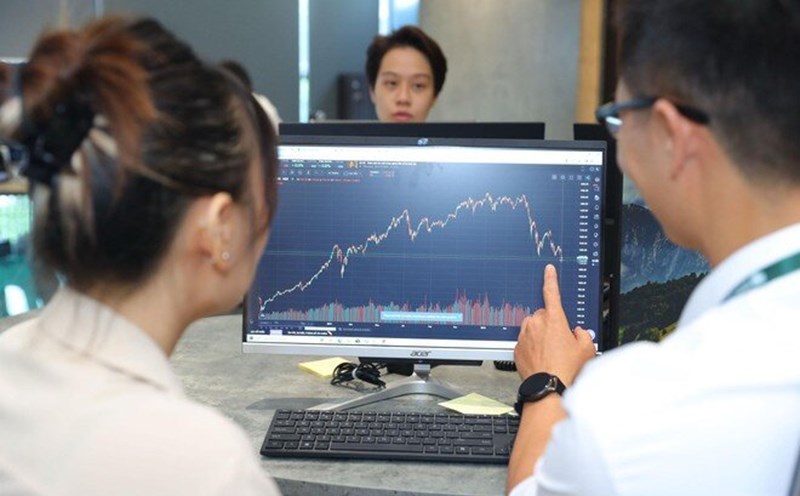Japan has just set a new record for the highest temperature when Isesaki City recorded 41.8 degrees Celsius, surpassing the 41.2 degrees Celsius record set in the Hyogo region just a week ago. The meteorological agency warns that temperatures may continue to increase in the coming days.
Last year, Japan's summer was recorded as the hottest ever, on par with 2023, followed by a record-warming autumn in 126 years of statistics. This July is also the hottest month since records began in 1898, with average temperatures 2.89 degrees Celsius higher than the average for the 1991-2020 period.
In Kyoto, temperatures have recently reached 40 degrees Celsius, the first time all monitoring stations have recorded this temperature since their inception, some of which have been in operation since 1880. Prolonged heat caused many natural phenomena to change significantly: cherry blossoms bloomed early or not fully bloomed due to the lack of cold winter, and snow on Phu Si mountain appeared nearly a month later than usual last year.
The harsh heat combined with low rainfall is causing water shortages in many reservoirs and rice fields, affecting agricultural production. July rains in many northern coastal areas of Japan fell to record lows, while the rainy season in the west ended about 3 weeks earlier.
The Japanese government continues to urge people, especially the elderly, to find cool places and use air conditioners to avoid the heat. Japan currently has the second largest elderly population in the world, making the health risks due to extreme weather even more worrying.
Hot weather is not limited to Japan. South Korea also experienced the second hottest July on record with an average temperature of 27.1 degrees Celsius, just below the 27.7 degrees Celsius record in 1994.
More widely, climate experts warn that climate change is causing global summer temperatures to spike sharply, increasing the risk of death and threatening ecosystems.











